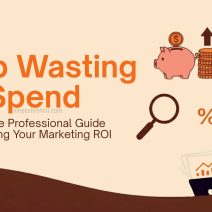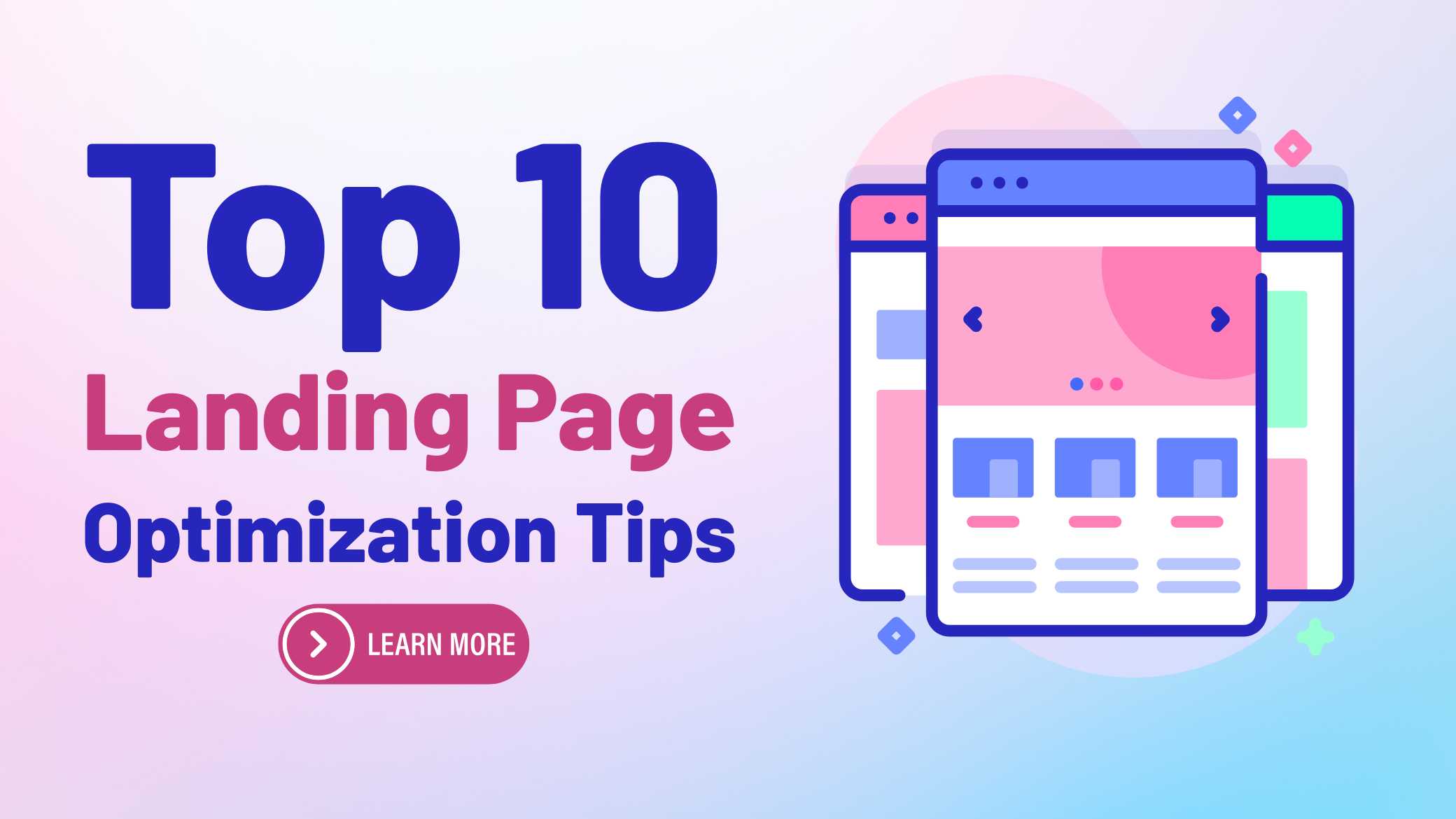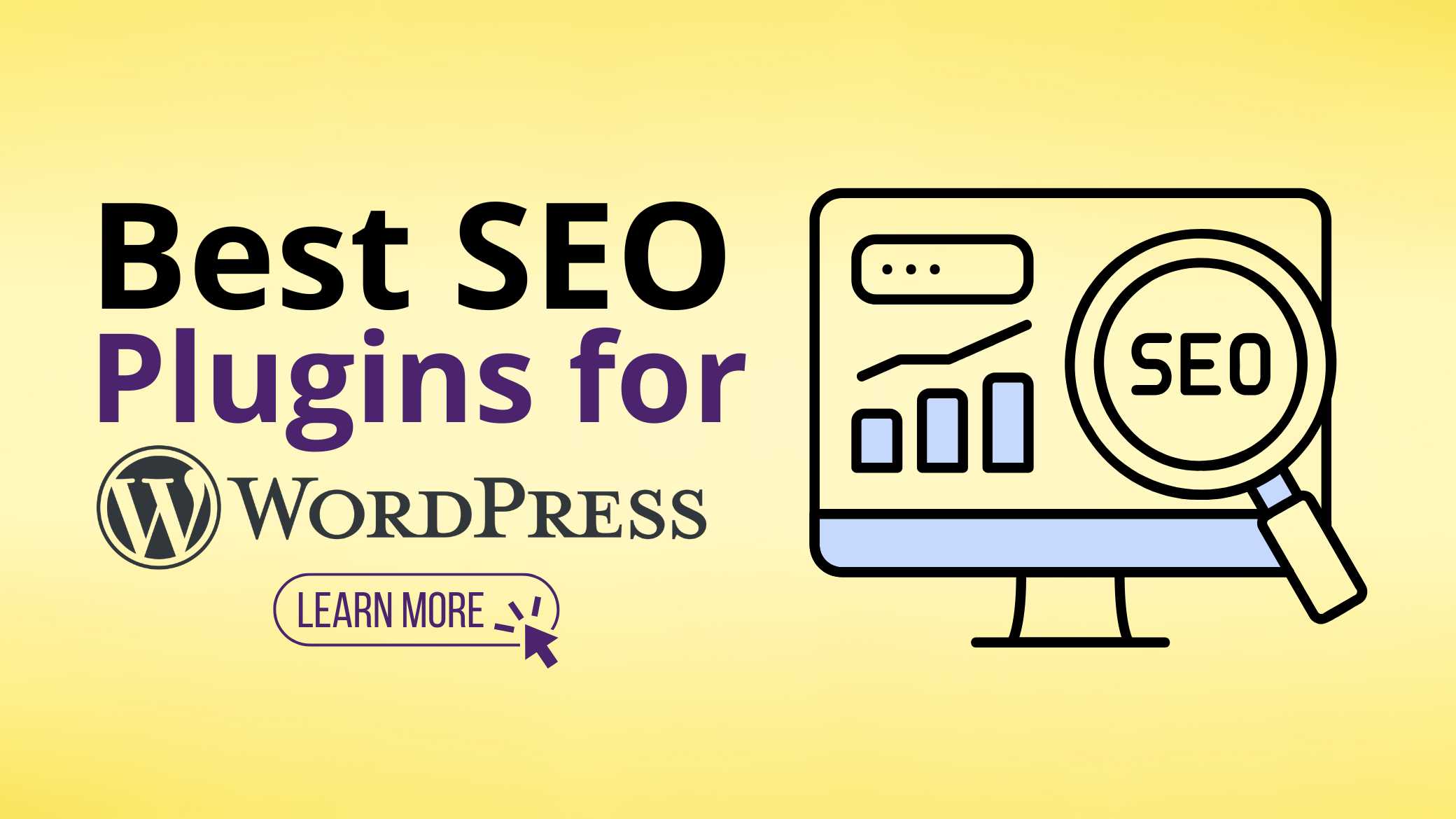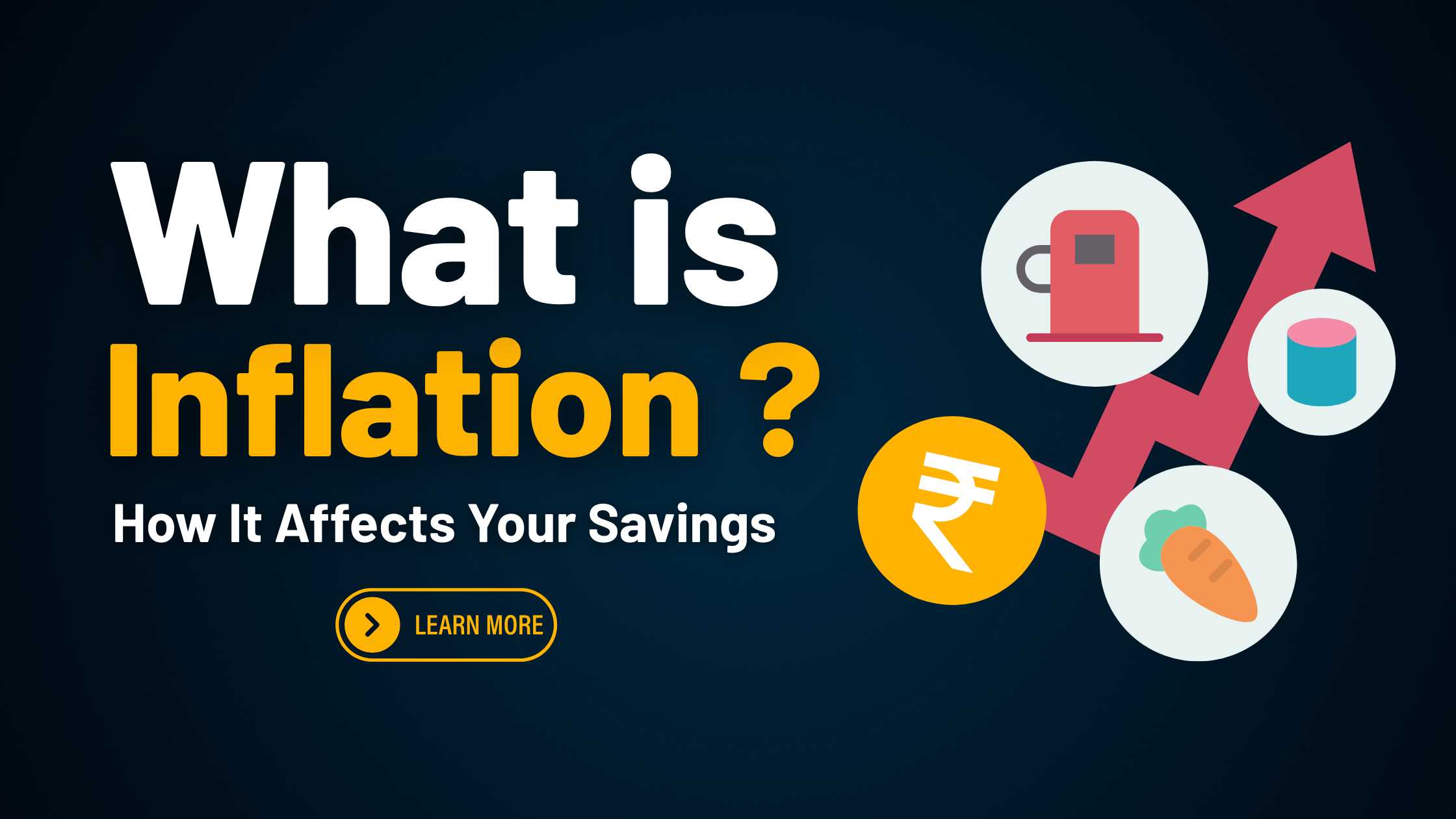How to close a personal loan early : In today’s fast-paced financial landscape, personal loans have emerged as one of the most accessible and flexible credit options for individuals facing immediate financial needs. Whether it’s funding a wedding, handling a medical emergency, or consolidating high-interest debts, personal loans offer quick access to funds with minimal documentation. However, while they serve as an excellent financial tool, paying off a personal loan early—also known as pre-closure or prepayment—can be one of the smartest financial decisions you make, especially in 2025 when financial awareness and interest rates are evolving rapidly.
Table of Contents
In this comprehensive guide, we’ll walk you through everything you need to know about how to close a personal loan early, including its benefits, process, documents, charges, and smart strategies to avoid pitfalls.
What is Personal Loan Pre-Closure or Early Loan Closure?
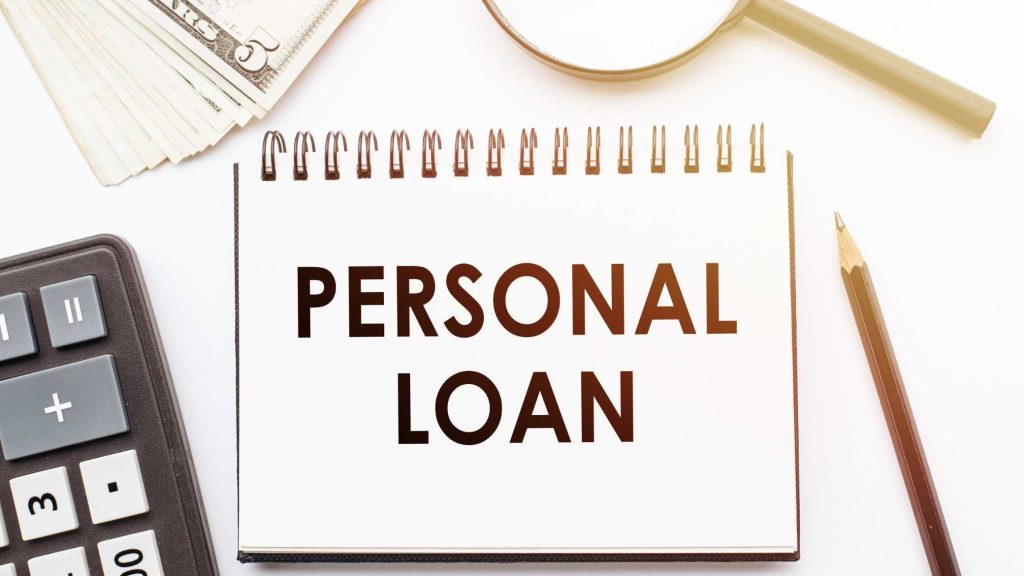
Pre-closure of a personal loan refers to repaying the outstanding loan amount before the original loan tenure ends.
Also Read : How to Choose the Best Personal Loan Tenure in 2025
This means the borrower pays off the remaining principal (and any applicable charges) in a lump sum to the lender before the scheduled EMI period is over.
There are typically three types of early loan closures:
- Part-Prepayment – Paying a portion of the outstanding amount before the due date.
- Full Prepayment – Repaying the entire outstanding loan amount in one go.
- Foreclosure – Another term often used interchangeably with full prepayment.
Benefits of Closing a Personal Loan Early
1. Save on Interest Outgo
Interest is the major cost in personal loans. By paying the loan off early, you significantly reduce the total interest payable, especially if done in the early stages of the tenure.
2. Improve Your Credit Score
Paying off your loan early shows strong financial discipline and lowers your credit utilization, both of which help in boosting your credit score.
3. Debt-Free Life
The psychological benefit of being debt-free is underrated. Early closure brings peace of mind and allows you to focus on other financial goals.
4. Higher Loan Eligibility in Future
When your debt-to-income ratio decreases due to loan closure, your eligibility for future loans and credit cards increases.
5. Avoid Risk of Rising Interest Rates
If you’re on a floating interest rate loan, early closure protects you from the impact of rate hikes.
Things to Consider Before Closing a Personal Loan Early
1. Check the Pre-Closure Clause in the Loan Agreement
Some lenders have lock-in periods (usually 6–12 months) during which you cannot pre-close your loan. Always refer to your original loan agreement.
2. Prepayment Charges
Lenders may impose foreclosure penalties or prepayment charges, typically ranging from 2% to 5% of the outstanding amount. This could reduce the savings from early repayment.
3. Evaluate Opportunity Cost
If you’re considering using your savings to close a loan early, make sure you’re not sacrificing higher-yield investment opportunities. Sometimes, investing your money could offer better returns than the interest saved.
4. Tax Implications
If you’re claiming tax benefits on personal loans (like for home renovation or business use), early closure might impact your deductions.
Step-by-Step Process to Close a Personal Loan Early

Here’s how you can close a personal loan early in India in 2025:
Step 1: Check the Outstanding Amount
Log in to your lender’s website or mobile app to view your final outstanding principal balance, including any pending EMIs or charges.
Step 2: Verify Prepayment Charges
Go through the pre-closure terms or call the customer care helpline to know the exact prepayment penalty, if any.
Step 3: Get a Foreclosure Statement
Request a foreclosure statement or pre-closure quote from your lender. This includes the total amount payable to settle the loan, including principal, interest (if applicable), and penalties.
Step 4: Arrange Funds
Ensure you have sufficient funds to cover the entire outstanding balance plus any applicable charges.
Step 5: Visit the Lender’s Branch
In most cases, especially with public sector banks, you must physically visit the bank branch to initiate pre-closure. Some NBFCs and private banks offer online closure.
Step 6: Submit Documents
Carry these documents:
- Loan account number
- Identity proof (Aadhaar, PAN)
- Cheque/DD or online payment reference
- Foreclosure statement (if applicable)
Step 7: Make the Payment
Pay the required amount via cheque, DD, or online banking. Always insist on an official receipt of the transaction.
Step 8: Collect No Dues Certificate (NDC)
After completing the payment, ask for the No Dues Certificate which confirms that the loan account is closed and there’s no outstanding balance.
Step 9: Obtain Loan Closure Letter
This is different from the NDC and confirms that the lender has acknowledged full payment and the account has been closed.
Step 10: Check Credit Report
Within 30-60 days, your CIBIL or credit report should reflect the closure of your loan. If not, raise a dispute with the lender or credit bureau.
Sample Documents Required for Pre-Closure
- Loan account number
- PAN Card
- Aadhaar Card
- Foreclosure quote
- Bank cheque/online payment proof
- Loan agreement copy (optional)
Prepayment Charges – A Comparison (2025 Update)
| Lender | Lock-in Period | Prepayment Charges |
|---|---|---|
| HDFC Bank | 12 months | 2-4% of principal |
| ICICI Bank | 6 months | 3% of outstanding |
| Axis Bank | None | 2-5% of balance |
| SBI | None | Nil (for own funds) |
| Bajaj Finserv | 12 months | 4% of principal |
| Kotak Mahindra Bank | 12 months | 5% of balance |
*Note: Terms may vary based on customer profile, loan tenure, and ongoing offers.
Smart Tips to Save More While Closing a Loan Early
1. Part-Prepay Regularly
If full closure isn’t possible, try making partial prepayments every few months to reduce your principal and future EMIs.
2. Use Bonuses or Windfalls
Utilize yearly bonuses, tax refunds, or any windfall gains to knock off your debt aggressively.
3. Negotiate Prepayment Penalty
Some lenders may waive off or reduce prepayment charges if you negotiate or have a good repayment history.
4. Close Loans with Highest Interest First
If you have multiple loans, prioritize closing the one with the highest interest rate to maximize savings.
5. Avoid Taking a New Loan to Close an Existing One
Unless it’s a consolidation loan with better terms, taking one loan to repay another could trap you in a debt cycle.
When Should You Avoid Closing a Loan Early?
- If the prepayment penalty is higher than the interest saved.
- If the funds used for prepayment could generate higher returns elsewhere.
- If the personal loan is helping your credit mix and you plan to apply for a bigger loan (like a home loan) soon.
Impact on Credit Score
Closing your personal loan early has a positive effect on your credit score over the long term, as it lowers your credit utilization and shows responsible repayment behavior. However, a slight dip might occur initially due to the reduction in active credit, but this is usually temporary.
FAQs About Personal Loan Pre-Closure
Q1: Can I pre-close a personal loan online?
Yes, some lenders like ICICI Bank, HDFC, and NBFCs allow online closure for select customers. Others may require a branch visit.
Q2: Do I need to give prior notice to pre-close my loan?
It depends on the lender. Some may require 2–3 working days’ notice to generate a pre-closure quote.
Q3: Is there a difference between foreclosure and prepayment?
Yes, prepayment can be partial or full, while foreclosure usually refers to full early closure of the loan.
Q4: Will I get a refund if I pay EMI after closing the loan?
If the EMI was auto-debited post-closure, the lender will typically refund it within 7–10 working days.
Q5: How soon after taking a loan can I pre-close it?
Generally, after the lock-in period of 6–12 months, depending on the bank’s policy.
How to Close a Personal Loan Early – Conclusion

Closing a personal loan early in 2025 is a powerful move for anyone aiming for financial freedom and smart money management. With rising awareness and the ability to track loans digitally, it’s easier than ever to plan for early repayment. However, it’s crucial to evaluate the timing, associated costs, and financial impact of this decision.
Buy Now : A-Z Blueprint To Mastering The Stock Market
By understanding your lender’s terms, keeping a check on your credit score, and staying financially disciplined, you can reap the benefits of early closure while paving the path for future financial success.
Disclaimer : This content is for informational purposes only. Interest rates, prepayment charges, and bank policies may change. Always verify with your bank or financial advisor before making loan-related decisions.
Keywords : How to close a personal loan early – How to close a personal loan early 2025 – How to close a personal loan early Guide

